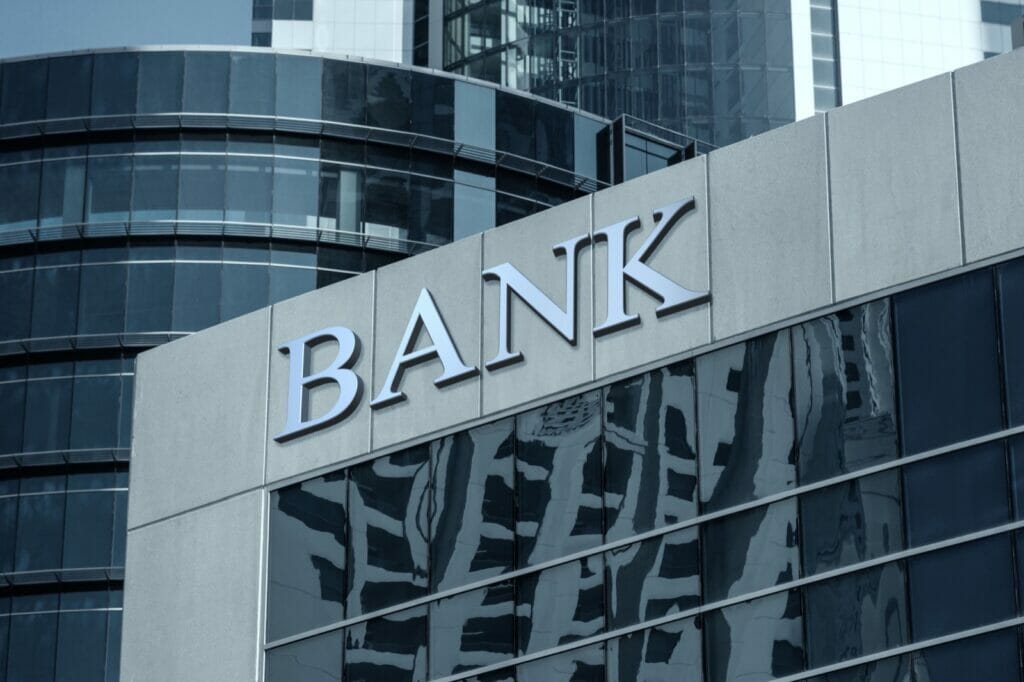
According to Olzhas Kizatov, deputy head of the Agency for Regulation and Development of the Financial Market of the Republic of Kazakhstan (ARDFM), about seven banks might be affected by new restrictions the agency is going to impose on dividend payout policy. All these banks have received financial support from the government.
«As we know, seven banks have public support tools on their balance. Among these tools are subordinated bonds (provided at easy repayment rates) and public money on banking deposits,» Kizatov said.
All seven banks won’t be able to conduct dividend payouts unless the regulator gives its consent. Even though this new rule hasn’t been approved yet, the authorities have already restricted the ability of those banks in terms of paying out dividends, the official noted.
He also revealed why the authorities decided to limit dividend payouts now, after a scandal with Jusan rather than doing so in the past. Kizatov said that before 2023, the government applied dividend payout restrictions only toward banks if they were financially unstable and if a payout could cause negative consequences for them.
According to Kanat Nurov, a member of the Committee on Finance and Budget of Mazhilis, state support accounted for almost all revenue of Jusan Bank over the period from 2019 to 2020. Despite this obvious fact, the bank conducted dividend payouts of $248.3 million in 2020 and $249.2 million in 2021.
In January 2023, the ARDFM published a draft regulation for dividend payouts and buyback processes for banks that have been going through a recovery process at the expense of money from the state budget, National Fund, National Bank or its subsidiaries.
Once the draft rule is approved, it will make any dividend payouts impossible without permission of the regulator and with several conditions. However, the Association of Financiers of Kazakhstan has closely reviewed the document and found many loopholes in it. First of all, the document isn’t clear enough in terms of what it means by «state support tools.» In theory, such dividend payout and buyback restrictions can be applied to even those banks that have on their balance money from the state budget, National Fund, National Bank or its subsidiaries obtained as a result of regular business activity.
For example, the restrictions may threaten those banks that received money from the state-owned funds Baiterek and Samruk-Kazyna as economic incentives for businesses and public money for mortgage lending programs and easy car finance.
As a result, the AFK suggests the regulator clarify which specific tools the government has used to support the financial system must be covered with the new regulation. This is very important because the new rule can ban dividend payouts and restrict the distribution of revenues that have no links to public money.
In turn, Kizatov explained what kind of banks won’t be affected by the dividend payouts and buyback restrictions.
«Some national supportive programs such as Economy of Simple Things and Roadmap 2025 aren’t state support tools. Moreover, some commercial banks have never asked for state funds and we will not apply new restrictions to them,» he said.
The Kursiv edition approached several banks in order to get their opinion about the new rule. Nurbank representatives noted that they have no additional information rather than the information available in open sources.
«This rule is aimed at banks that received public money as state support. All other banks won’t be affected,» the bank said.
However, Nurbank representatives noted that they need more information about what types of public money will be covered by the new regulation, how long these restrictions will be in place and what method of calculation the regulator is going to apply.
Some banks like Kaspi said that they have no worries about the initiative.
«Kaspi has zero obligations to the government in terms of any state support tools for financial sustainability or anything like that,» the bank said.
Eurasian Bank representatives said that the bank’s stakeholders have been reinvesting their profit back into the business for many years. Therefore, the new regulation won’t affect the dividend policy of the bank.
Nurbank also said that its three-year strategy doesn’t include any dividend payouts for the following three years, so it is not worrying about these restrictions. However, the bank’s press service highlighted that the restrictions mustn’t be applied to privileged stock.
Given that the document is under public consideration, some market participants have already shared their opinions. They believe that the government should allow banks to distribute their revenue in two cases:
1. When a bank fully compensated public funds it used.
2. When public money was given on market conditions.
«We believe that it is not good for the market economy when commercial recipients of state support tools or received easy public money can conduct dividend payouts,» they stated in a written statement.


